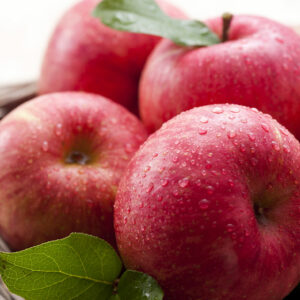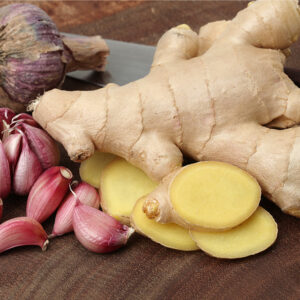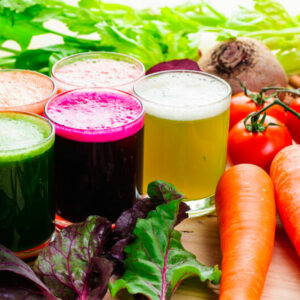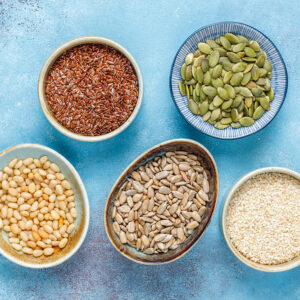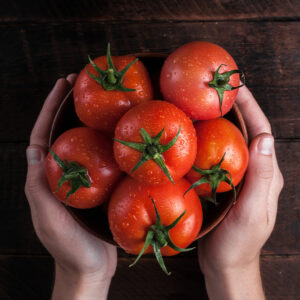
health
5 foods that help lower the risk of endometrial cancer
Endometrial cancer, also called endometrial carcinoma, begins in the endometrium, the inner lining of the uterus. It’s the most common gynecological cancer in the country. Most endometrial cancers are adenocarcinomas, which means they occur in the cells of the glands in the endometrium. Research indicates that eating certain foods helps prevent endometrial cancer while improving overall health. Here, we’ve listed five such foods that may lower the risk of endometrial cancer. Tomatoes The anti-cancer properties of tomatoes are strongly linked to their rich lycopene content. Lycopene is a nutrient that helps stop the growth of cancer cells in the endometrium. It can also lower the risk of cancers of the breasts, lungs, and stomach. Thanks to their versatility, tomatoes go well with several recipes, especially pasta sauce and salads. Spinach Spinach is one of the most nutrient-dense veggies. It’s full of vitamins, minerals, fiber, and phytochemicals that can help ward off a slew of health conditions. Eating healthy spinach-based dishes or other leafy greens, such as kale or broccoli, may also lower the risk of endometrial carcinoma. Soybeans Soybeans are legumes rich in various nutrients, including fiber. A study has linked high soy intake with a 20 percent decreased risk of endometrial cancer.
